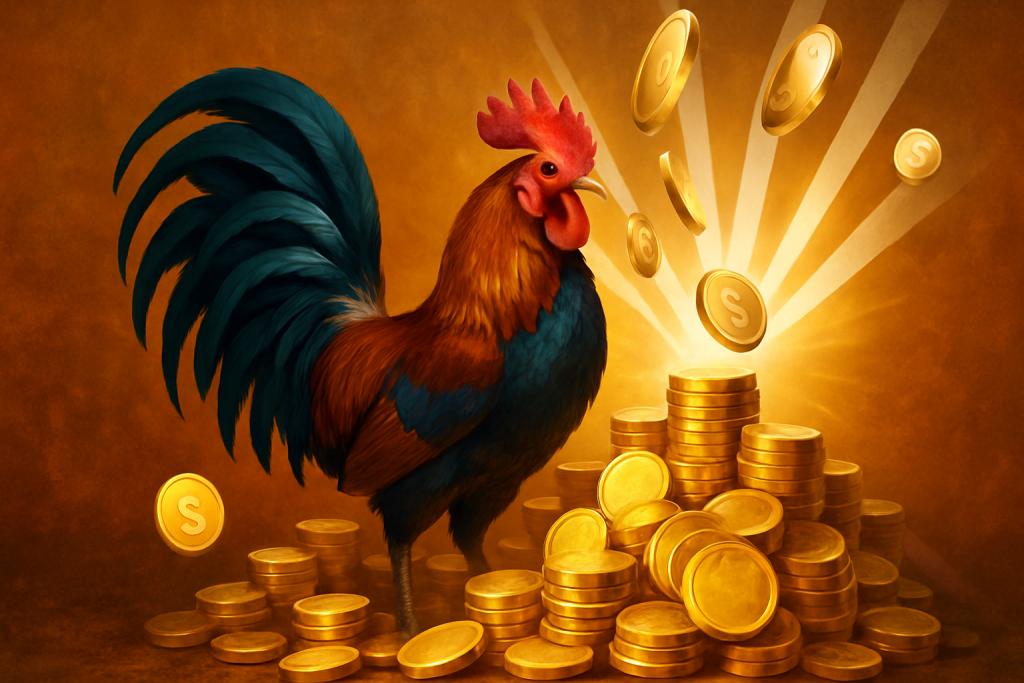
Weather plays a significant role in the outcome of cockfighting events at Đá gà thomo where subtle changes in environment can affect performance stamina and strategy.
Rainy weather can cool the arena but wet floors become slick and dangerous for roosters. Birds accustomed to dry ground may slip lowering their confidence and speed. Handlers often train their birds on damp surfaces to prepare them for such conditions.
High humidity typical in tropical regions strains stamina. Roosters need careful hydration and diet adjustments before match day. When humidity rises their breathing slows and they tire faster. Correction of water intake and rest periods helps maintain energy.
Sunshine heats the arena surface causing birds to dehydrate quickly. Shade nets and misting systems are used at Thomo to cool the ring. Handlers adjust training intensity on hot days to avoid overtaxing their fighters.
Wind is rarely considered but can affect outdoor events causing debris distraction and sudden temperature shifts. Lightweight shade cloths and temporary covers are sometimes used to protect the arena during windy weather.
Cold and dry nights may follow tropical storms. Cooler air aids recovery but may stiffen muscles if roosters are not warmed up properly. Handlers use heat lamps and light exercise sessions to prepare birds before these matches.
Online fans watching through https://dagatructiep247.tv/ often notice how weather influences match intensity and rooster behavior. A dry evening may bring fast fast-paced action while a misty afternoon leads to slower more tactical fights.
In conclusion weather at Thomo is not just background—it directly shapes how matches unfold. Handlers study forecasts adjust training schedules and manage conditions so their roosters perform at their peak regardless of nature’s unpredictability.